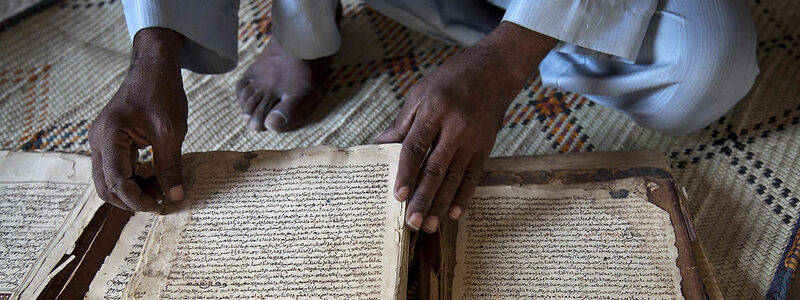Bandes dessinées have been an integral part of Francophone culture for such a very long time that it is surprising they have only recently become objects of critical study. While the emergence of academic monographs about BD might—in the wider world—seem of little import when compared to the flourishing of BD prizes and dedicated stores, monographs encourage us to think critically about a vitally important form of expression and remind us how many ways there are to engage readers interested in the politics and cultures of French-speaking worlds. So this issue is devoted to BD and graphic histories, with the dual aim of attracting new readers to the genre and encouraging teachers of all subjects at every level to consider how they might use graphic literature to enrich student learning.
It is with the classroom in mind that Cynthia Laborde inaugurates this issue, by explaining how she teaches BD while giving us a generous account of critical approaches and comprehensive lists of engaging titles. Her text should be a boon to literature faculty seeking new genres to explore. But it also has much to say to teachers of writing and teachers of other subjects wondering what graphic literature can do for their students. Bénédicte Boisseron follows with a keen appreciation of Jessica Oublié’s Tropiques Toxiques, which introduces readers to the commercial and geopolitical origins of global trade in the pesticide chlordérocone, whose devastating environmental, health, and economic impacts continue to resonate through the Antilles. Originally written in French and now available in English, this BD might well be included in courses on race, environment, and post-colonial relations. It could also used to illuminating effect in courses on public health—and the profound racial and economic disparities that plague it—and on activism, environmental and otherwise.
Other essays published here focus on BD about different historical eras. If the reviewers express different levels of enthusiasm for the pages they survey, all suggest how to identify good graphic histories and recommend better titles when necessary. Thus, while Lauren Mancia finds The Middle Ages: A Graphic History too dependent on a dated narrative and the retailing of jokes unlikely to make sense to American students, she nonetheless explains how individual panels might be used and where teachers can seek good alternatives. Jay Smith is more enthusiastic about Les Années lumières, which elaborates a social and cultural history of the French Enlightenment that is both engaging and funny. If the book skimps on Enlightenment ideas, its most serious problem may be that it is not (yet?) available in English. A translated version of this graphic history would be enormously helpful, its light touch offering novices a welcome introduction to a dynamic field. Finally, Michael Vann’s review of Marcelino Truong’s flawed 40 Men and 12 Rifles advises readers how to contextualize and navigate the author’s biases to reach the BD’s most useful nuggets. Equally important, by situating the book within Truong’s larger body of work, Vann illuminates an important dimension of right-wing thought. His review makes visible how Truong’s work might not only be used—carefully—in courses about French colonialism and the war in Vietnam but also for the study of the colonial and post-colonial French right.
As the essays gathered here highlight titles and explain what readers might garner from them, they map trails for further exploration. In addition to BDs highlighted or mentioned in passing in these essays, Imaginaries readers will find the names of book publishers whose lists provide welcome terrain for further research into graphic histories, graphic biographies, and BD in translation. Those who want to look further still may begin with the overview and bibliography published online by the Library of Congress. Almost all of the titles listed there are in the original French, but many are available in English-language translation.
Reviews
Enseigner (avec) la bande dessinée by Cynthia Laborde, University of Texas at Arlington
‘The New Chernobyl:’ The Chlordecone Scandal in the French Antilles by Bénédicte Boisseron, The University of Michigan
Medieval Graphic Desiderata: A review of Eleanor Janega and Neil Max Emmanuel’s The Middle Ages: A Graphic History by Lauren Mancia, Brooklyn College and The Graduate Center, CUNY
Pauline Lemaigre-Gaffier, Rahul Markovits, Simon Spruyt, Les Années Lumières: De la Régence aux États Généraux, vol. 12 of Histoire Dessinée de la France reviewed by Jay M. Smith, University of North Carolina at Chapel Hill
Of Revolutionaries and Reactionaries: Marcelino Truong’s 40 Men and 12 Rifles: Indochina, 1954 by Michael G. Vann, California State University, Sacramento
